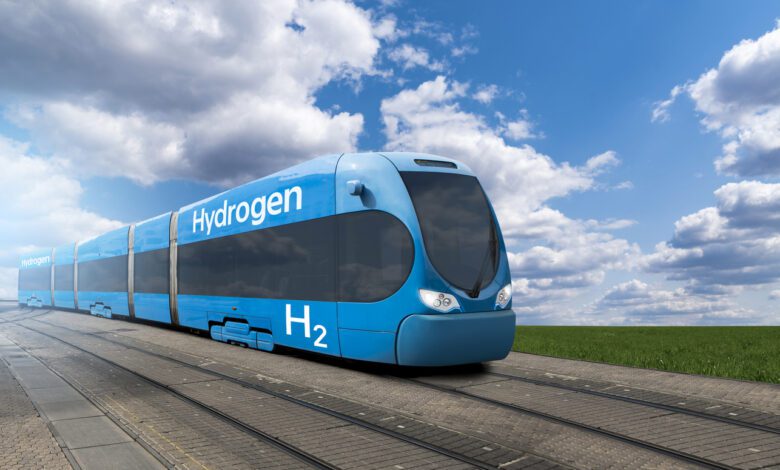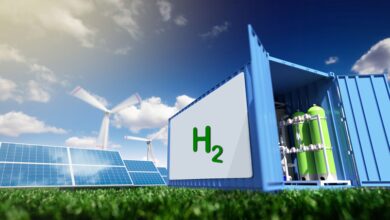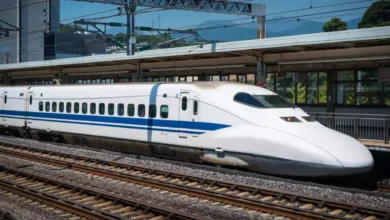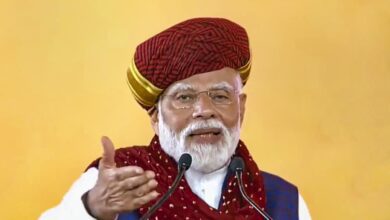Indian Railways initiates ‘Hydrogen for Heritage’ program, to run 35 hydrogen trains
The initiative aims to reduce carbon emissions and embracing a greener tomorrow.

The Indian Railways have planned to run 35 trains on hydrogen as part of their ‘Hydrogen for Heritage’ program which aims at reducing the carbon emissions for a greener future. The diesel trains will be replaced by trains run on hydrogen fuel cells. This will promote clean energy and reduce pollution.
The Union Minister of Railways, Ashwini Vaishnaw has confirmed this in a written response to a question in Rajya Sabha. He has also stated that the first prototype train will run on the Jind-Sonipat section of Northern Railways.
Initially estimated at an expenditure of Rs 80 crores per train and Rs 70 crores per route for ground infrastructure, the project takes a significant investment in sustainable transportation. Vaishnaw further revealed that Indian Railways has awarded a pilot project worth Rs 111.83 crores for the retrofitment of a hydrogen fuel cell on an existing Diesel Electric Multiple Unit (DEMU) rake, in addition to the associated ground infrastructure.
While initial costs of running these trains will be high, it is expected that the expenditure will reduce over time as more and more trains start running. The use of hydrogen fuel is also expected to be good for the nature as it releases zero carbon dioxide, Nitrogen Oxide and zero toxic chemicals, making it a very environment friendly option. This initiative is in line with India’s goal to become a zero carbon emission nation.
While Indian Railways has been steadfast in its goal to have 100% electrification of trains, hydrogen trains will be a boost towards its aim of sustainability.
The trials of these trains are estimated to happen in March 2024 and even the General Manager of Northern Railway, Shobhan Chaudhry, has confirmed the timeline, providing assurance that the initiative is well on track. With this trial and the potential success of the project will probably revolutionize the railway sector and encourage other industries to explore new sources of clean energy.



